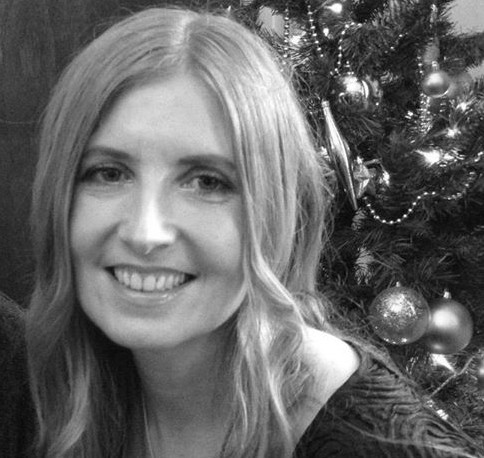Beverley Power, secretary and trustee, of CDH UK gives some insight into the condition.
What is CDH?
CDH is short for Congenital Diaphragmatic Hernia. It occurs when the diaphragm that normally finishes developing in the unborn baby at around 11 weeks, fails to develop, or fuse properly, therefore leaving a defect, or hole in the diaphragm. This defect or hole allows the contents of the abdomen to rise up into the chest cavity where the lungs, heart and windpipe are and as a consequence prevents the lungs from forming and growing properly and sometimes pushes the heart and windpipe to the wrong side.
Are there different types of CDH? Is it fatal?
A CDH can occur on the left hand side, right hand side or both sides and is often fatal. Around half of babies born with CDH will die. It occurs in around 1 in 2,500 live births.
When is it detected and is it something doctors look for during pregnancy?
CDH is normally detected at the 20 week fetal anomaly scan, which is a routine scan to attempt to pick up anything that is abnormal with the growing baby such as CDH. Around 60% are picked up at this routine scan and the rest after this but before birth and a small percentage after birth, and even rarely into adulthood.
Is there a cause?
Currently there is no known cause, but it is thought to be multi-factorial meaning there is probably a few factors involved.
Is there a cure? For babies who survive how does CDF affect the rest of their lives?
There is no cure as such and treatment remains medically challenging, consisting of babies being placed on artificial ventilation and cared for in a high level neonatal intensive care unit specially equipped and experienced to care for CDH babies. For those who survive, depending on how quickly they recover and whether there are other issues or complications, ongoing issues can vary from mild respiratory problems to oxygen dependency, food aversion to failure to thrive, developmental delays to hearing loss among other things. However some will show nothing other than a scar from the operation to repair the defect.
How does the charity help?
CDH UK offers emotional and practical help and support to families and medical professionals and can also provide grants to assist with costs associated with having a sick child, or in the event of a baby dying. We offer professional counselling and peer support groups for all outcomes. We also work hard to fundraise and to raise awareness and we started a Research Fund in 2012 to encourage and fund projects and programmes where possible that will help to improve outcomes and hopefully one day find the cause. The fund currently stands at just under a quarter of a million pounds. The charity is self funded and completely volunteer run, relying on the generosity of it’s donors to survive and carry out it’s work.
If you would like to get in touch with the charity, please visit www.cdhuk.org.uk
